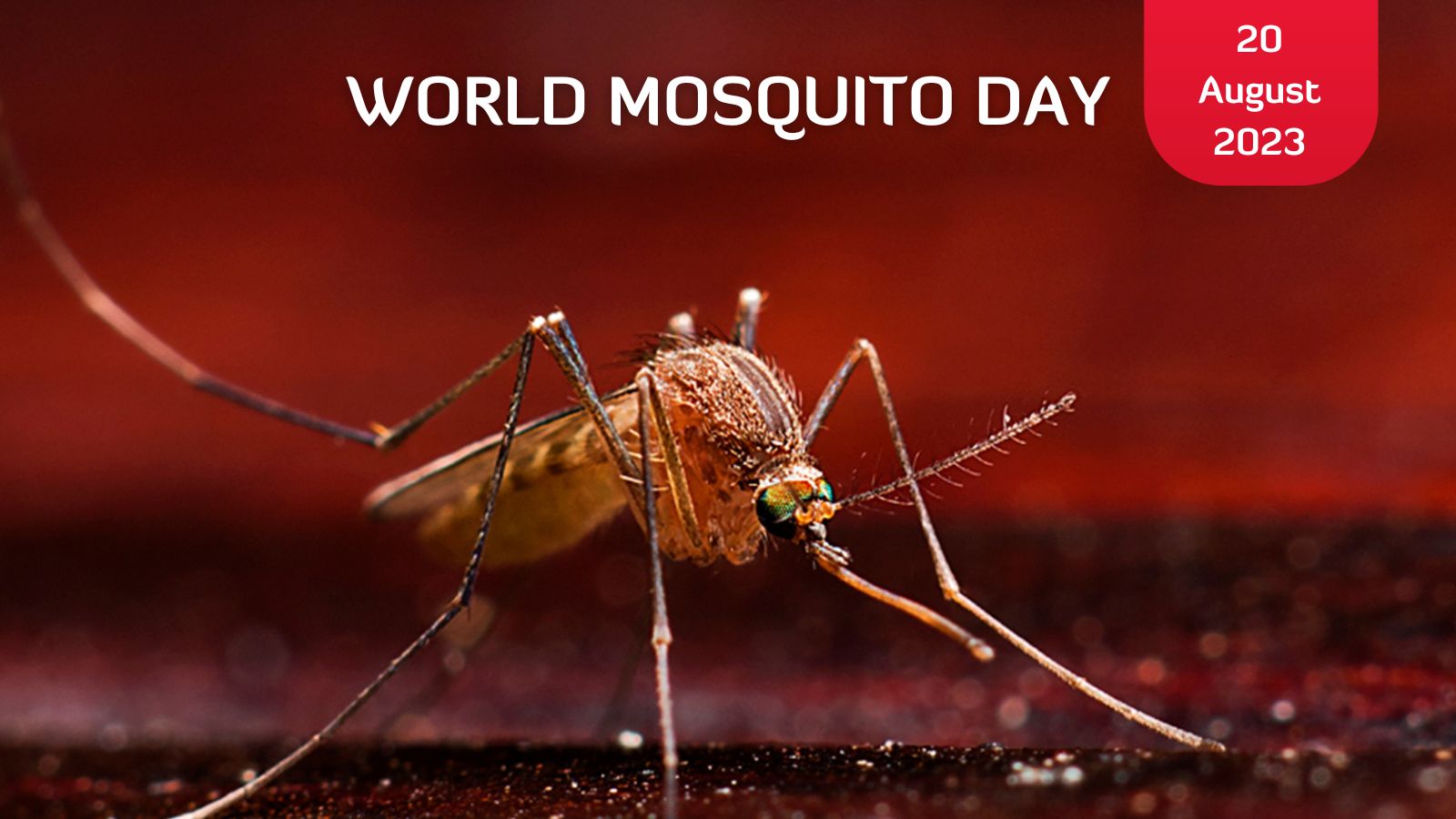Blogs

August 20th marks World Mosquito Day, a day dedicated to raising awareness about the dangers associated with mosquitoes and the diseases they spread. Mosquitoes are vectors of several diseases including; Malaria, Lymphatic filariasis, Dengue, Leishmaniasis, Chikungunya and Schistosomiasis. This year, we spotlight our work at the African Institute for Development Policy (AFIDEP) in partnership with the Malawi Liverpool Wellcome Trust (MLW) and the Liverpool School of Tropical Medicine (LSTM), which is focused on generating evidence to inform policy decisions to integrate vector control in irrigation schemes. By their nature, irrigation schemes often harbour many vectors, including mosquitoes and snails, and can therefore greatly increase the prevalence and burden of vector-borne diseases.
Malaria is one of the most-deadly vector-borne diseases affecting millions of people worldwide, particularly in sub-Saharan Africa. According to the World Health Organization (WHO), approximately 229 million cases of malaria occurred in 2019, resulting in an estimated 409,000 deaths. Malawi is one of the countries heavily burdened by malaria, with a high prevalence and mortality rate; in 2021, it accounted for 1.7% of global cases. In 2021, the malaria burden in Malawi estimated that 4,359,158 cases were recorded and an estimated 7,392 deaths were documented.
The Role of Mosquitoes in Malaria Transmission
One of the primary culprits behind the spread of malaria is the female Anopheles mosquito. These mosquitoes thrive in areas with stagnant water, making breeding sites such as swamps, ponds, and irrigation schemes fertile grounds for their reproduction. When an infected mosquito bites a person, it transmits the malaria parasite into the bloodstream, leading to illness.
The Shire Valley Irrigation Scheme and Malaria
The Shire Valley Irrigation Scheme is a notable irrigation project in Malawi that aims to increase agricultural productivity and improve food security. While the project has numerous benefits, including increased crop yield and economic growth, it also presents challenges in terms of mosquito breeding and other vectors.
The construction of irrigation channels and dams creates stagnant water reservoirs, providing an optimal breeding ground for mosquitoes. As a result, the influx of mosquitoes in the vicinity of the irrigation scheme increases the risk of malaria transmission to the local communities.
Combating Malaria in the Shire Valley Irrigation Scheme
Efforts to combat malaria in the Shire Valley Irrigation Scheme must be a priority to ensure the local population’s well-being. Here are some strategies that can be implemented:
- Integrated Vector Management (IVM): IVM involves a multi-faceted approach to mosquito control, including the use of insecticide-treated bed nets, indoor residual spraying, larval source management, and environmental modifications to reduce mosquito breeding sites.
- Community Education and Awareness: Educating communities about the importance of personal protection measures, such as using bed nets and wearing mosquito repellent, can significantly reduce mosquito bites and the risk of contracting malaria.
- Regular Monitoring and Surveillance: Implementing a robust system for monitoring and surveillance is crucial in identifying malaria hotspots and promptly addressing outbreaks. This should involve local health workers and authorities to ensure early detection and effective response.
- Environmental Modifications: Taking steps to modify the irrigation scheme’s environment can help reduce mosquito breeding sites. This may include clearing vegetation, implementing proper drainage systems, and introducing biological control methods, such as introducing mosquito larvae-eating fish.
Conclusion
On World Mosquito Day, let us recognize the importance of ending malaria and other vector-borne diseases in Malawi, particularly in areas like the Shire Valley Irrigation Scheme. By implementing comprehensive mosquito control strategies, raising awareness, and fostering community involvement, we can work towards a malaria-free future for Malawi. Together, we can make a significant impact in reducing the burden of malaria and improving the health and well-being of the people in Malawi.

